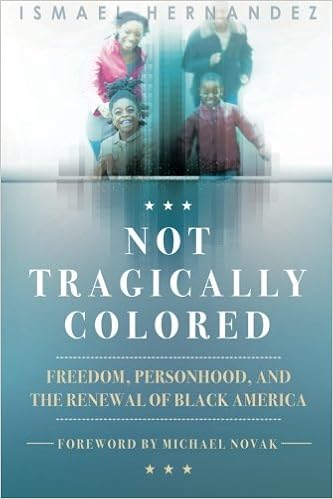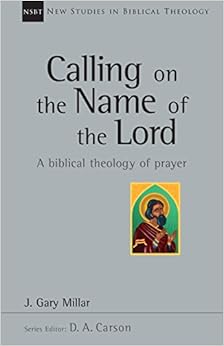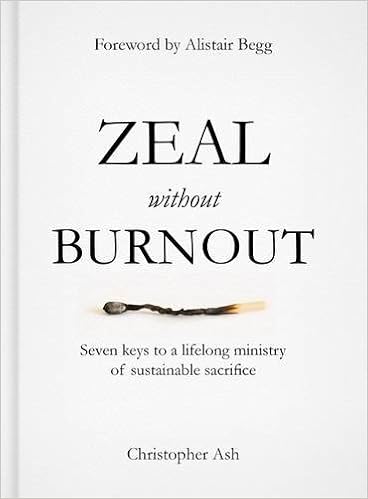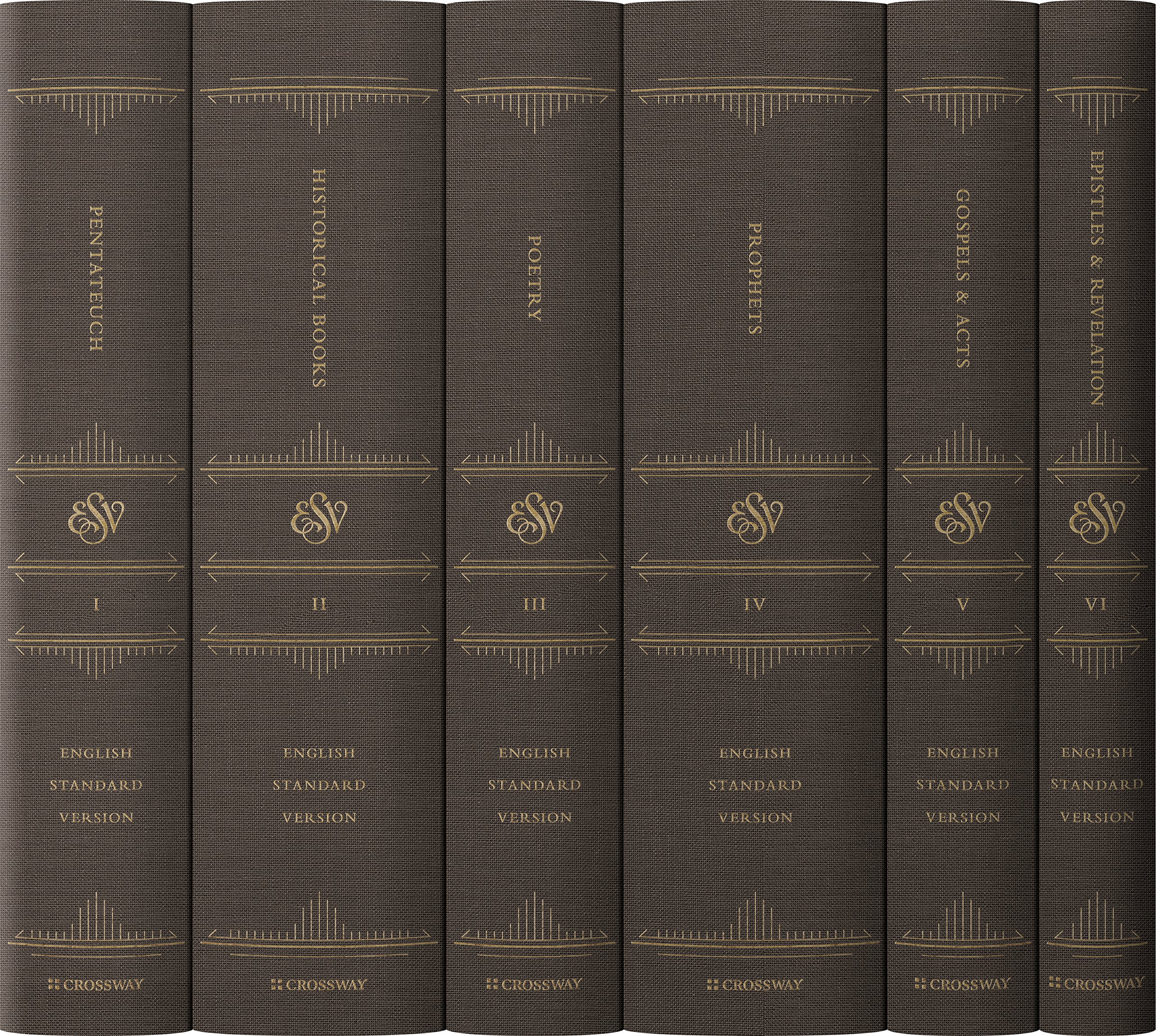 This list is not meant to assess the thousands of Christian books published each year, let alone every interesting book published in 2016. There are dozens of worthy titles I don’t have time to check out (and scores of other good books I’ve not heard of). This is simply a list of the books (Christian and non-Christian, but all non-fiction) that I thought were the best in the past year.
This list is not meant to assess the thousands of Christian books published each year, let alone every interesting book published in 2016. There are dozens of worthy titles I don’t have time to check out (and scores of other good books I’ve not heard of). This is simply a list of the books (Christian and non-Christian, but all non-fiction) that I thought were the best in the past year.
When I say “best” I have several questions in mind:
• Did I learn something valuable?
• Was the book personally challenging, illuminating, or edifying?
• Is it a book I am likely to re-read or consult again?
• Do I recommend this book to others?
Undoubtedly, the “best” books reflect my interests and inklings. This doesn’t mean I agree with every point in all these books, but it does mean I found them helpful and insightful. There is nothing scientific about my list, but here it goes:
10. Mark A. Noll, In the Beginning Was the Word: The Bible in American Public Life, 1492-1783 (Oxford). I’ve long enjoyed reading Mark Noll. Since I’ve been a doctoral student in history I’ve come to realize that (1) I don’t always agree with Noll’s interpretations (e.g., he is fairly negative about John Witherspoon), and (2) he really is a brilliant historian. Noll’s writing is lucid, and his command of the primary literature is extraordinary. This book is no exception.
 9. S. Donald Fortson III and Rollin G. Grams, Unchanging Witness: The Consistent Christian Teaching on Homosexuality in Scripture and Tradition (B&H Academic). Not a page-turner, but a necessary reference work. You need a book like this on your shelf, especially as more and more Christians claim this is a tertiary agree-to-disagree issue.
9. S. Donald Fortson III and Rollin G. Grams, Unchanging Witness: The Consistent Christian Teaching on Homosexuality in Scripture and Tradition (B&H Academic). Not a page-turner, but a necessary reference work. You need a book like this on your shelf, especially as more and more Christians claim this is a tertiary agree-to-disagree issue.
 8. D.A. Carson, ed., The Enduring Authority of the Christian Scriptures (Eerdman). This massive volume (1,200+ pages) is not going to be beach reading for most people, but it is extremely valuable nonetheless. Here you have in one book the top-flight scholarship on Old Princeton and biblical authority (Seeman), the Old Testament canon (Dempster), Bart Ehrman’s equivocation (Williams), apostolic unity (Gathercole), Jesus’s view of the Old Testament (Blomberg), and the idea of inerrancy (Helm), among 30 other chapters. The final chapter of summarizing FAQs (Carson) deserves to be a stand alone mini-book.
8. D.A. Carson, ed., The Enduring Authority of the Christian Scriptures (Eerdman). This massive volume (1,200+ pages) is not going to be beach reading for most people, but it is extremely valuable nonetheless. Here you have in one book the top-flight scholarship on Old Princeton and biblical authority (Seeman), the Old Testament canon (Dempster), Bart Ehrman’s equivocation (Williams), apostolic unity (Gathercole), Jesus’s view of the Old Testament (Blomberg), and the idea of inerrancy (Helm), among 30 other chapters. The final chapter of summarizing FAQs (Carson) deserves to be a stand alone mini-book.
 7. J. D. Vance, Hillbilly Elegy: A Memoir of a Family and Culture in Crisis (Harper). Perhaps the most surprising “it” book of the year. Fascinating, sad, sobering, and insightful. The book holds your attention and makes you think. That’s what good books should do.
7. J. D. Vance, Hillbilly Elegy: A Memoir of a Family and Culture in Crisis (Harper). Perhaps the most surprising “it” book of the year. Fascinating, sad, sobering, and insightful. The book holds your attention and makes you think. That’s what good books should do.
 6. Miles V. Van Pelt, ed., A Biblical-Theological Introduction to the Old Testament: The Gospel Promised (Crossway); Michael J. Kruger, ed., A Biblical-Theological Introduction to the New Testament: The Gospel Realized (Crossway). As a pastor I find meaty, scholarly, theologically rich introductions like these to be invaluable. I will consult these volumes before starting any new preaching series on a book of the Bible. Van Pelt and Kruger (and RTS) are to be commended for this excellent resource.
6. Miles V. Van Pelt, ed., A Biblical-Theological Introduction to the Old Testament: The Gospel Promised (Crossway); Michael J. Kruger, ed., A Biblical-Theological Introduction to the New Testament: The Gospel Realized (Crossway). As a pastor I find meaty, scholarly, theologically rich introductions like these to be invaluable. I will consult these volumes before starting any new preaching series on a book of the Bible. Van Pelt and Kruger (and RTS) are to be commended for this excellent resource.
 5. Ismael Hernandez, Not Tragically Colored: Freedom, Personhood, and the Renewal of Black America (Acton Institute). I have so much to learn about racial reconciliation and racial tensions that I am constantly on the lookout for good books to help me better grasp the African-American experience. This book—written by a Black, Puerto Rican, Catholic conservative—presents a vision for renewal that is opposed to the prescriptions found in much of the “racialist” literature (his term). The gist: “The fact is that one can stand side by side with another person in the binding principle that racism is evil and, at the same time, be far apart in one’s analysis of specific policy and social issues” (147).
5. Ismael Hernandez, Not Tragically Colored: Freedom, Personhood, and the Renewal of Black America (Acton Institute). I have so much to learn about racial reconciliation and racial tensions that I am constantly on the lookout for good books to help me better grasp the African-American experience. This book—written by a Black, Puerto Rican, Catholic conservative—presents a vision for renewal that is opposed to the prescriptions found in much of the “racialist” literature (his term). The gist: “The fact is that one can stand side by side with another person in the binding principle that racism is evil and, at the same time, be far apart in one’s analysis of specific policy and social issues” (147).
 4. J. Gary Millar, Calling on the Name of the Lord: A Biblical Theology of Prayer (IVP). The New Studies in Biblical Theology series (edited by D. A. Carson) has been excellent from start to finish. I must have a dozen volumes already. In this book, Millar—a transplanted Irishman now serving as principal of Queensland Theological College in Australia—argues that prayer, according to the Bible, is asking God to do what he has already promised to do. We will always need more books on prayer, because God’s people will always need to be stirred up to pray more.
4. J. Gary Millar, Calling on the Name of the Lord: A Biblical Theology of Prayer (IVP). The New Studies in Biblical Theology series (edited by D. A. Carson) has been excellent from start to finish. I must have a dozen volumes already. In this book, Millar—a transplanted Irishman now serving as principal of Queensland Theological College in Australia—argues that prayer, according to the Bible, is asking God to do what he has already promised to do. We will always need more books on prayer, because God’s people will always need to be stirred up to pray more.
 3. Yuval Levin, The Fractured Republic: Renewing America’s Social Contract in the Age of Individualism (Basic Books). Levin, a former White House and congressional staffer and now an editor (National Affairs), a contributing editor (National Review and The Weekly Standard), and a fellow at the Ethics and Public Policy Center, has written an original and thoughtful book that thinkers on both sides of the political aisle should read carefully. Although Levin is a conservative, he faults both the Left and the Right for being “blinded by nostalgia” and failing to propose meaningful solutions that do more than pedal a narrative of decline and pine for the good old days.
3. Yuval Levin, The Fractured Republic: Renewing America’s Social Contract in the Age of Individualism (Basic Books). Levin, a former White House and congressional staffer and now an editor (National Affairs), a contributing editor (National Review and The Weekly Standard), and a fellow at the Ethics and Public Policy Center, has written an original and thoughtful book that thinkers on both sides of the political aisle should read carefully. Although Levin is a conservative, he faults both the Left and the Right for being “blinded by nostalgia” and failing to propose meaningful solutions that do more than pedal a narrative of decline and pine for the good old days.
 2. Christopher Ash, Zeal without Burnout: Seven Keys to a Lifelong Ministry of Sustainable Sacrifice (The Good Book Company). Read this book over the holidays. It will take less than an hour, and it may save your ministry or the ministry of someone you know. I didn’t read the book because I felt like I was nearing burnout. I read it because I know I could be someday if I’m not careful. Ash offers plenty of personal examples, along with sound biblical advice. “Sustainable sacrifice”—that’s the goal.
2. Christopher Ash, Zeal without Burnout: Seven Keys to a Lifelong Ministry of Sustainable Sacrifice (The Good Book Company). Read this book over the holidays. It will take less than an hour, and it may save your ministry or the ministry of someone you know. I didn’t read the book because I felt like I was nearing burnout. I read it because I know I could be someday if I’m not careful. Ash offers plenty of personal examples, along with sound biblical advice. “Sustainable sacrifice”—that’s the goal.
 1. ESV Reader’s Bible, Six Volume Set (Crossway). Not cheap, but that’s not the goal. This is a simple, yet stunning edition of God’s holy Word. The look, the feel, the touch, the font, the paper, the white space—it has all been thought through carefully with the goal of making the Bible an uncluttered delight to read. I love sitting down in my comfy chair in the morning, grabbing one of these volumes off the shelf, and reading the Bible in a new and simpler way. A great gift idea. You won’t be disappointed.
1. ESV Reader’s Bible, Six Volume Set (Crossway). Not cheap, but that’s not the goal. This is a simple, yet stunning edition of God’s holy Word. The look, the feel, the touch, the font, the paper, the white space—it has all been thought through carefully with the goal of making the Bible an uncluttered delight to read. I love sitting down in my comfy chair in the morning, grabbing one of these volumes off the shelf, and reading the Bible in a new and simpler way. A great gift idea. You won’t be disappointed.
Want to see previous top ten book winners? Here you go: 2011, 2012, 2013, 2014, 2015.


















